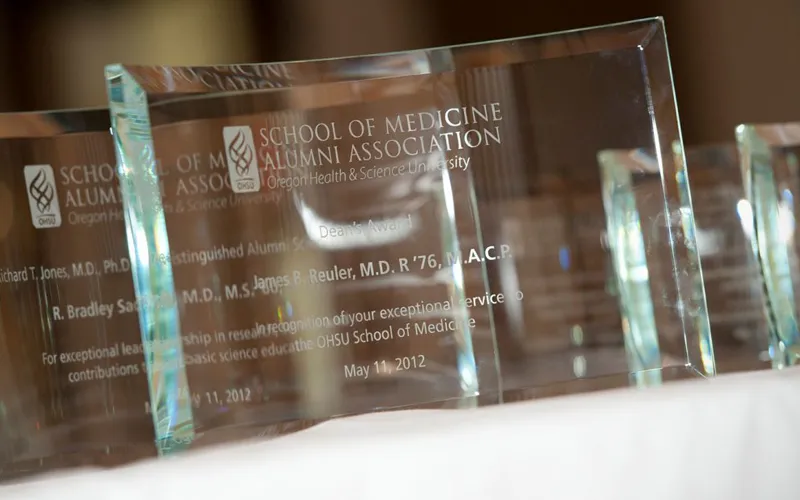School of Medicine Alumni Award Winners
Meet the extraordinary people who make us proud to be part of the OHSU alumni community.

Alumni Award nominations are now open!
Do you know someone who deserves to be seen and celebrated?
Help shine a light on their impact. Nominate a classmate or colleague for an Alumni Award!
Congratulations to the 2025 School of Medicine Alumni Award Winners
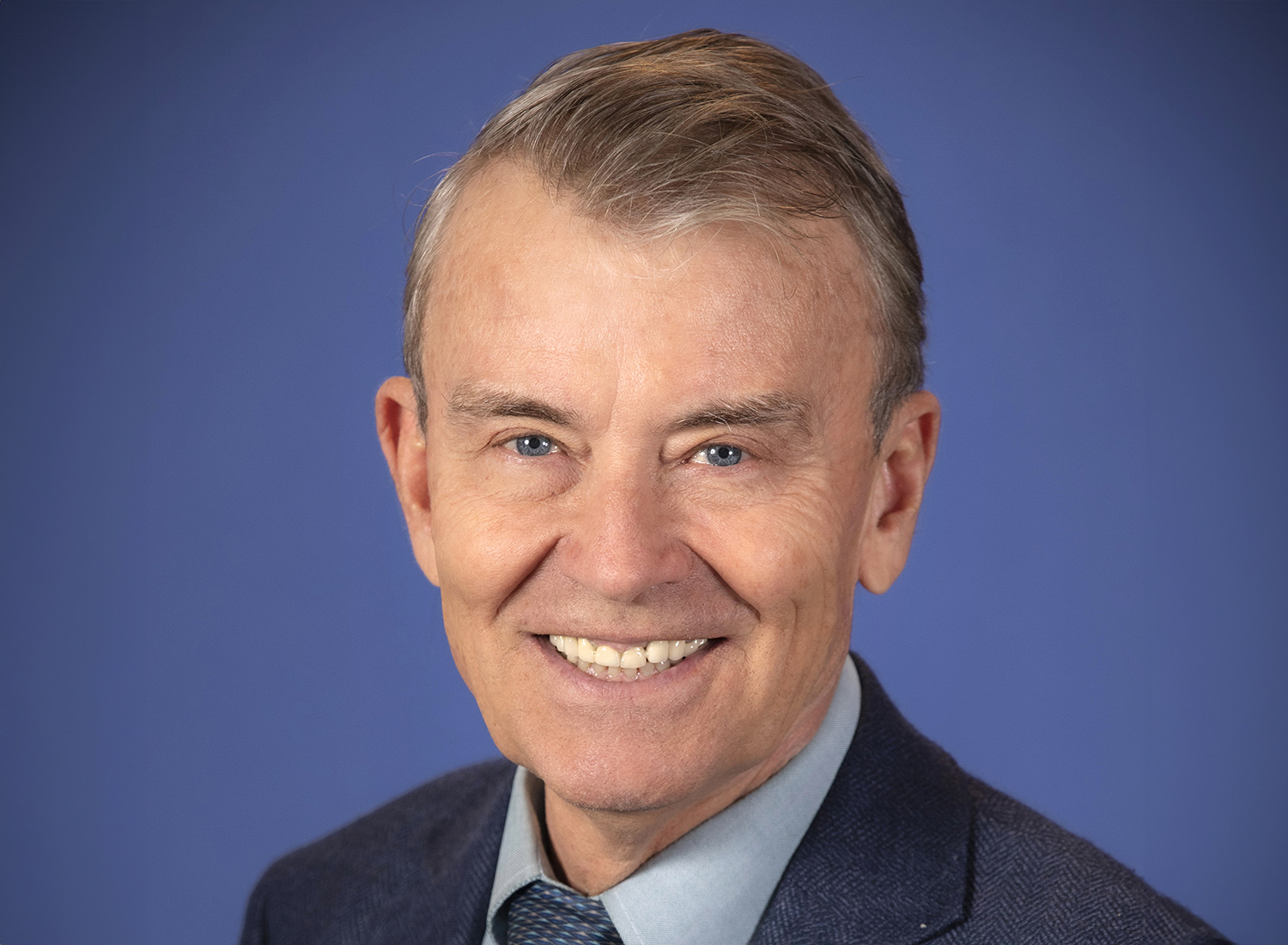
John McGahan, M.D. ’74
Charles A. Preuss Distinguished Alumni Award
“Dr. McGahan’s contributions to the fields of radiology and medicine as a whole have had a lasting impact, and his legacy continues to influence current and future generations.”
— Elizabeth Morris, M.D. and Guobao Wang, Ph.D.
Department of Radiology, University of California, Davis
John McGahan, M.D. ’74, is a prolific researcher, innovator and educator. A distinguished professor emeritus at the University of California, Davis, he’s spent more than four decades as a leader at that institution and in the field of radiology.
McGahan’s contributions to ultrasound and interventional radiology have transformed medical practices and improved patient outcomes worldwide. His extensive body of research, including 11 textbooks and over 300 peer-reviewed articles, reflects his depth of expertise and his passion for radiology.
One of McGahan’s most remarkable contributions is his pioneering work in percutaneous tumor ablation. His innovative use of radiofrequency ablation for liver, kidney, and other tumors has revolutionized the treatment of solid tumors by providing a less invasive alternative to traditional surgery.
His many accolades include the GI Lifetime Achievement Award from the Society of Abdominal Radiology and the prestigious Lawrence A. Mack Lifetime Achievement Award from the Society of Radiologists in Ultrasound.
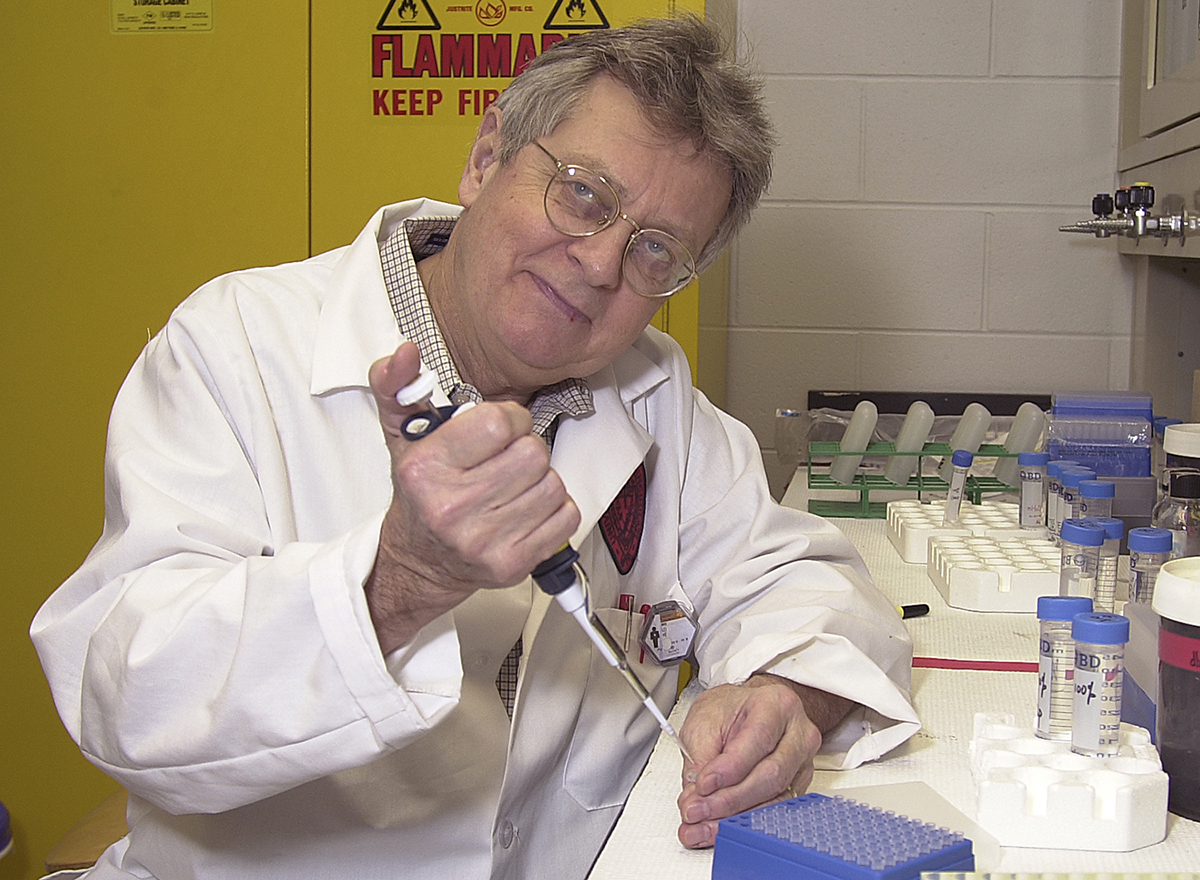
Daniel Nebert, M.D. ’64
Richard T. Jones Distinguished Alumni Scientist Award
“He is widely recognized as one of the most prolific and innovative genome scientists in the world.”
— David Eaton, Ph.D.
Dean and Vice Provost Emeritus, The Graduate School at University of Washington
Daniel Nebert, M.D. ’64 is a world-renowned physician-scientist, pediatrician, molecular biologist, and geneticist, best known for his groundbreaking research on gene-environment interactions.
Nebert’s contributions have had a profound and enduring influence on research worldwide. He has authored and coauthored more than 600 publications in fields including pharmacology, toxicology, drug metabolism and genetics. As an NIH Investigator, he published the discovery of what is now known as the aryl hydrocarbon receptor, an important environmental sensor and regulator of drug metabolism.
Nebert is professor emeritus at the University of Cincinnati College of Medicine, where he founded the Center for Environmental Genetics with funding from the National Institute of Environmental Health Sciences. Among his many honors, Nebert was elected as a fellow of the American Association for the Advancement of Science in 1994.
Though retired from academia, he remains actively engaged in the scientific community, sharing insights through blog posts and essays that reach a broad community of scholars.
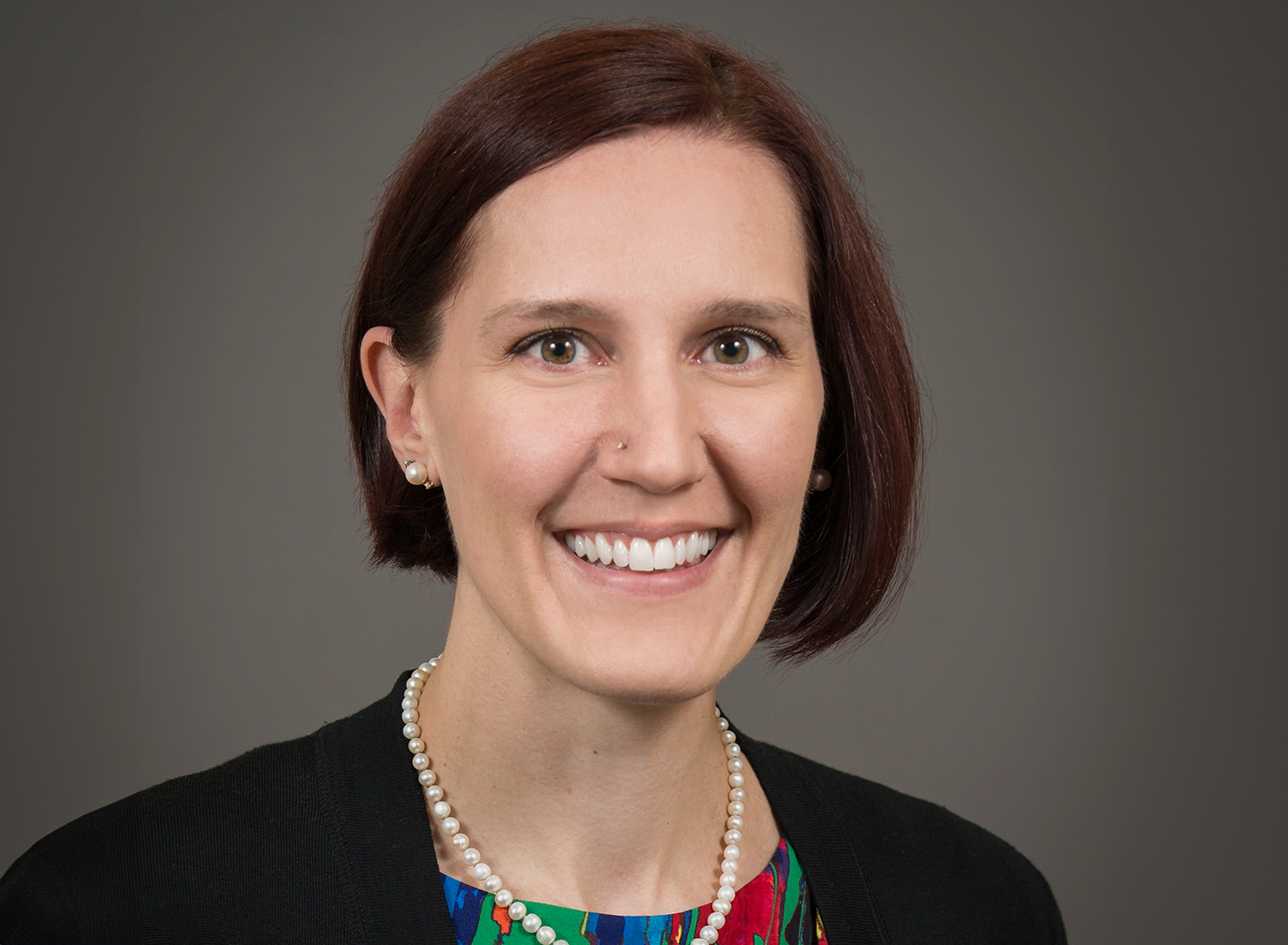
Mary Tanski, M.D., M.B.A. ’16
Esther Pohl Lovejoy Leadership Award
“Daily, I am impressed by her exemplary leadership and dedication to improving emergency medicine across Oregon as well as nationally and internationally.”
— Mirjana Kasap Trifunovic, J.D.
Vice Chair for Administration, Department of Emergency Medicine, OHSU
Mary Tanski, M.D., M.B.A. ’16, is an internationally recognized leader and expert on the complex problem of Emergency Department (ED) boarding, which occurs when ED patients are admitted to the hospital but must remain in the ED due to lack of hospital beds. A common practice in the post-COVID era, ED boarding increases patient risk and contributes significantly to clinician burnout.
Tanski led a transformative initiative to address the problem of ED boarding at OHSU, improving safety, quality and efficiency. She has advocated for national policy changes and standards to improve ED boarding through her work with the American College of Emergency Physicians and the Association of Academic Chairs of Emergency Medicine. Her work has been shared in publications, conferences and lectures locally and globally.
Tanski is an unwavering advocate for advancing women in academic medicine and leadership roles. She brings deep knowledge and firsthand experience to her teaching and mentorship, actively guiding graduate students, medical students, fellows, and peers.
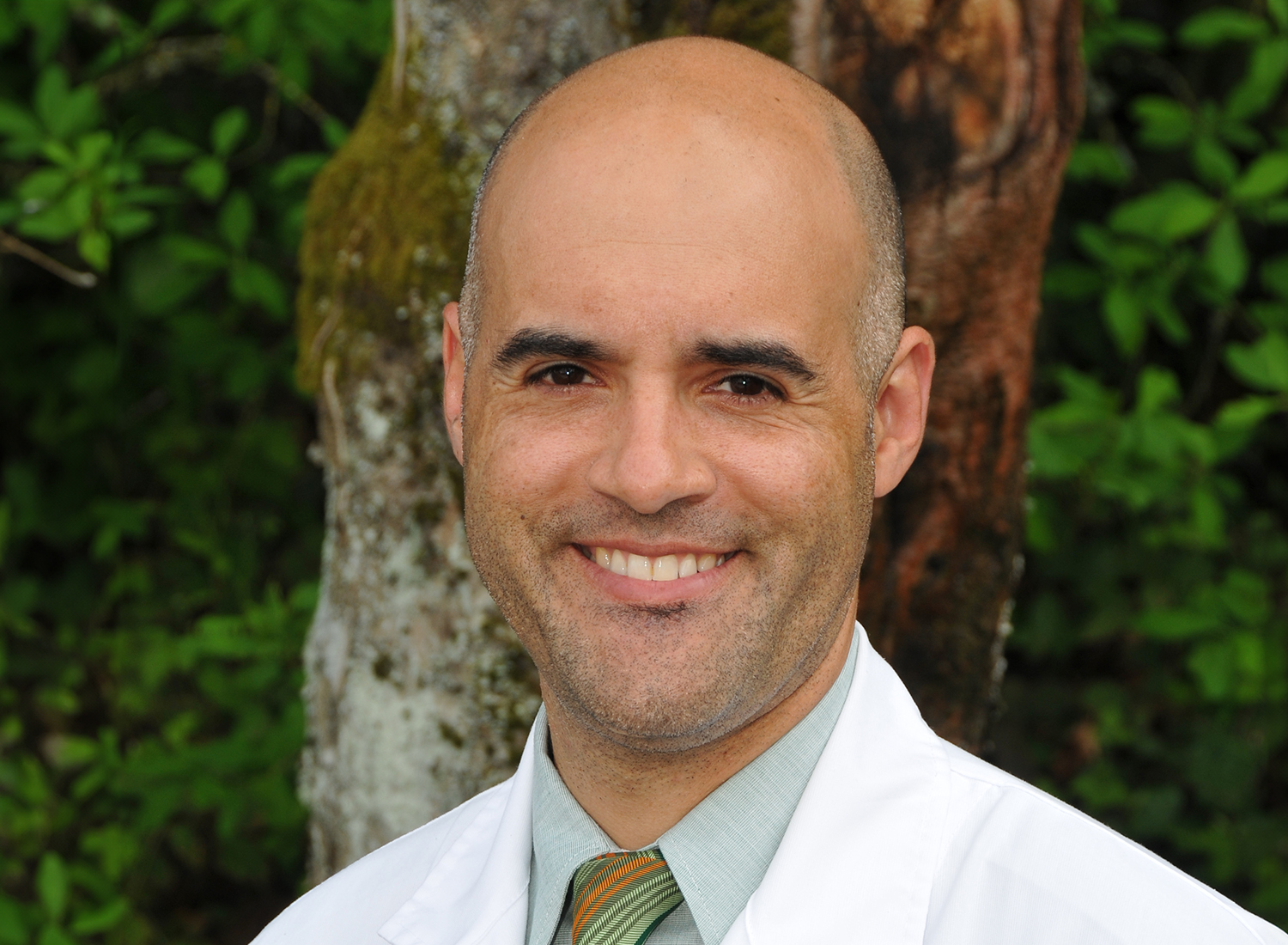
Clifford Coleman, M.D., R ’04, M.P.H.
Walter C. Reynolds Community Service Award
“Cliff gave me a career-long gift of being much more intentional about the words I used to communicate to patients and their families.”
— Brian Park, M.D., R ’18, M.P.H.
Associate Professor of Family Medicine, OHSU School of Medicine
Clifford Coleman, M.D., R ’04, M.P.H.is an internationally recognized leader and expert in health literacy, clear language and combating structural racism in healthcare.
Coleman’s passion for clear language and the role of health literacy in addressing systemic racism arises out of both personal experience and his clinical practice at the Richmond Clinic, a federally qualified health center. An Oregon native, his grandparents were patients of Walter Reynolds, M.D., this award’s namesake. At the Richmond Clinic, Coleman is known for inclusive communication and high-quality care, particularly among patients of color.
Coleman has published extensively, including an influential article in JAMA Internal Medicine linking health literacy and structural racism. He has been invited to serve on advisory boards, consult and speak on the topic globally. In 2024, with support from the OHSU provost, Coleman led the inaugural OHSU Health Literacy Symposium to improve the use of clear language in patient encounters.
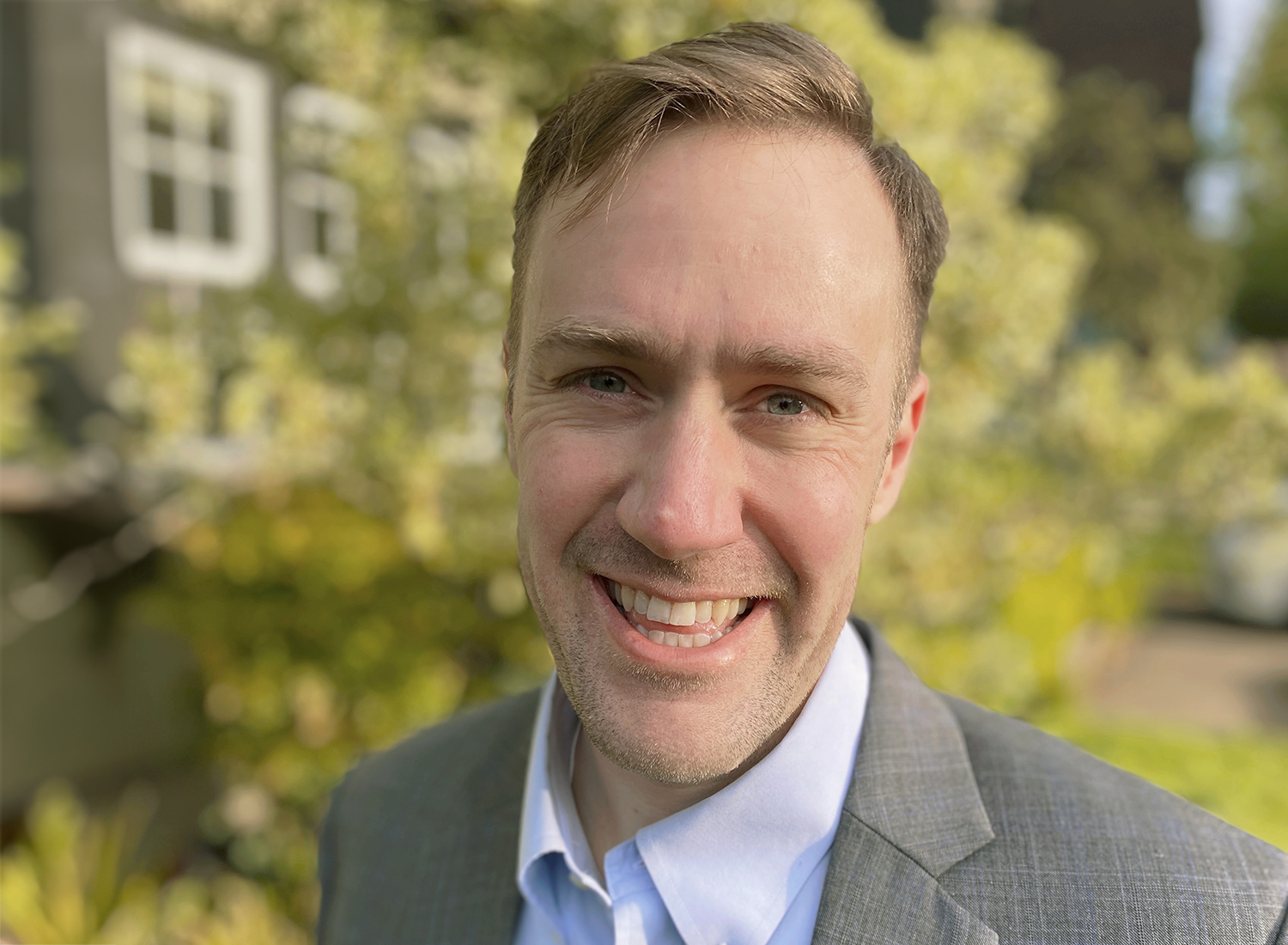
Brian Garvey, M.D. ’13, R ’17, M.P.H. ’17
Early Career Achievement Award – Clinical
“I’m ever impressed with his ability to serve his community as both a gifted clinician and systems change agent.”
— Richard Bruno, M.D. ’13, M.P.H., FAAFP, FACPM, AAHIVS
Health Officer, Multnomah County Health Department
Brian Garvey, M.D. ’13, R ’17, M.P.H. ’17, is a family physician, researcher and educator known for his ability to create systemic change to improve public health. As an associate professor of family medicine at OHSU, he has dedicated his career to uplifting those who are underserved, under-resourced and underrepresented.
A graduate of OHSU’s Family Medicine and Preventative Medicine Residency Programs, Garvey was instrumental in restarting the Preventative Medicine Residency Program through a partnership with CareOregon. Directed by Garvey, it will be the state’s only preventive medicine residency when its first two residents begin training in summer 2025.
Garvey has partnered with OHSU Global and Justin Denny, M.D., M.P.H. ’03, to help strengthen research and medical education in Thailand. He helped create and lead the Cross-Border Medicine Course for OHSU students at Mae Fah Luang University, focusing on the public health challenges of hilltribe groups in Northern Thailand.
As medical director for OHSU Family Medicine in Scappoose, Garvey helped lead the COVID-19 response in Columbia County, partnering with local stakeholders to vaccinate over 17,000 people.
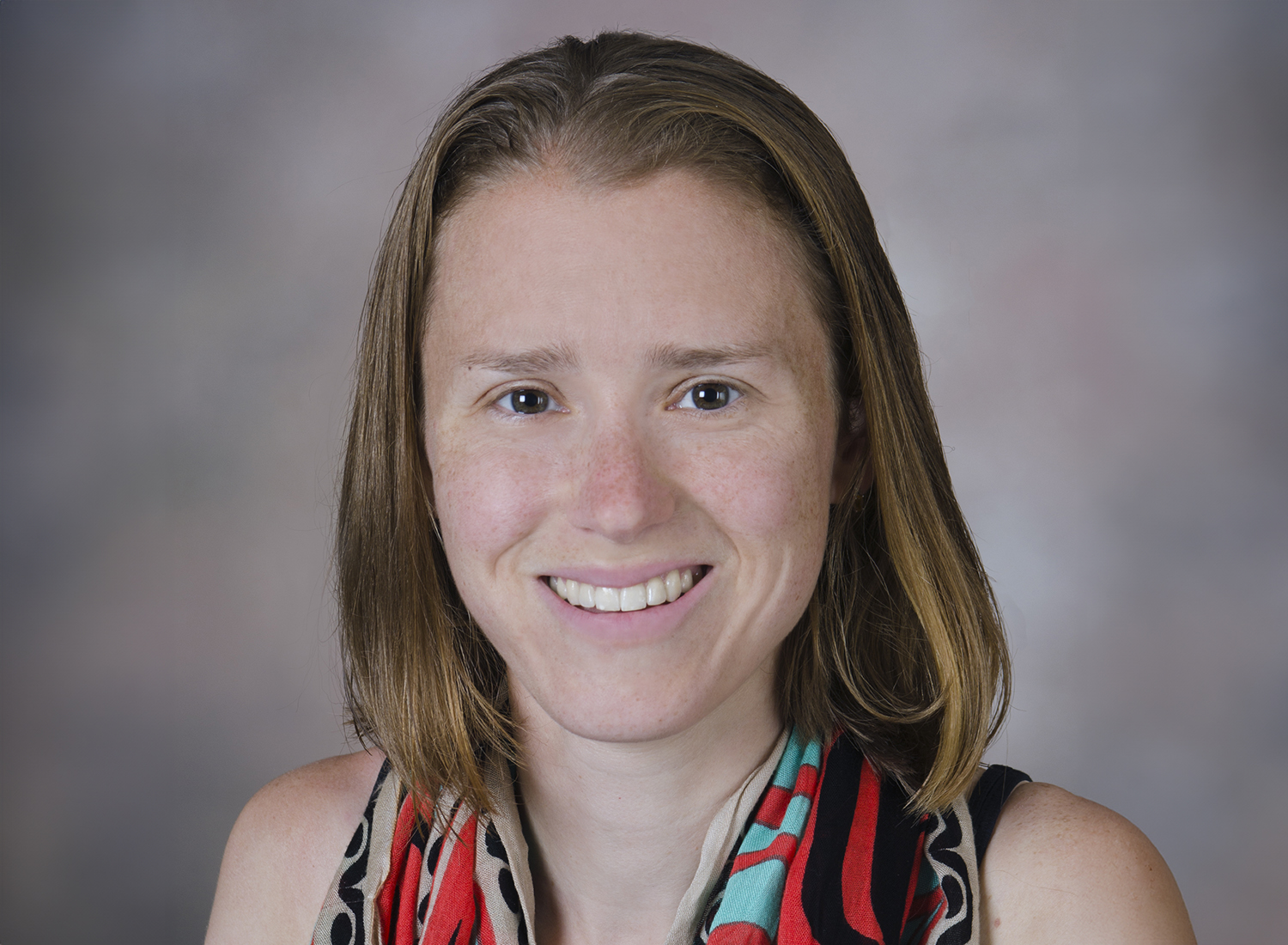
Nicole Andeen, M.D. ’12
Early Career Achievement Award – Research
“She is a powerful role model for men and women who are considering a career in academic pathology.”
— Donald Houghton, M.D. ’71, R ’75
Professor Emeritus, OHSU School of Medicine
Nicole Andeen, M.D. ’12 is an associate professor of pathology and laboratory medicine at OHSU, known for her extraordinary intellect, talent and energy.
Andeen has received international recognition for her research in renal pathology, including a groundbreaking discovery related to the rare kidney disease, fibrillary glomerulonephritis. Andeen’s work has had an immediate impact on the diagnosis and understanding of several challenging renal diseases. She helped to establish a collective of west coast renal investigators to study rare and emerging disorders, including the renal lesions that accompany COVID-19. In 2023, the Renal Pathology Society presented Andeen with the prestigious Gloria Gallo Research Award in recognition of her contributions to the field.
As a faculty member at OHSU, Andeen has distinguished herself as an outstanding diagnostician, teacher and mentor. One of her greatest strengths is her commitment to mentoring students and trainees in pathology.
